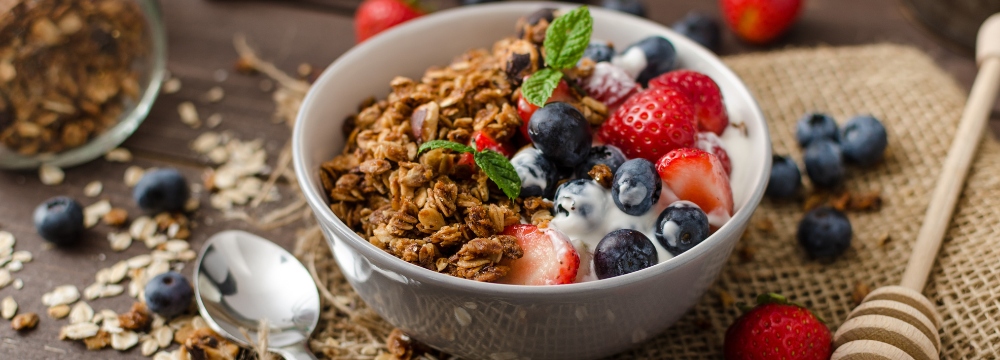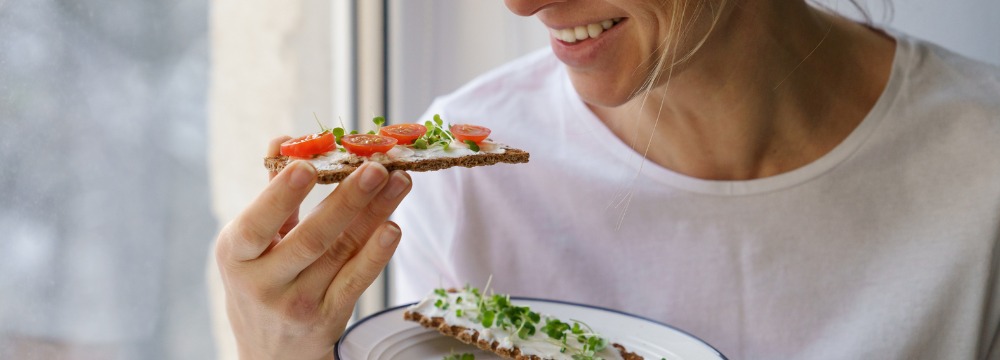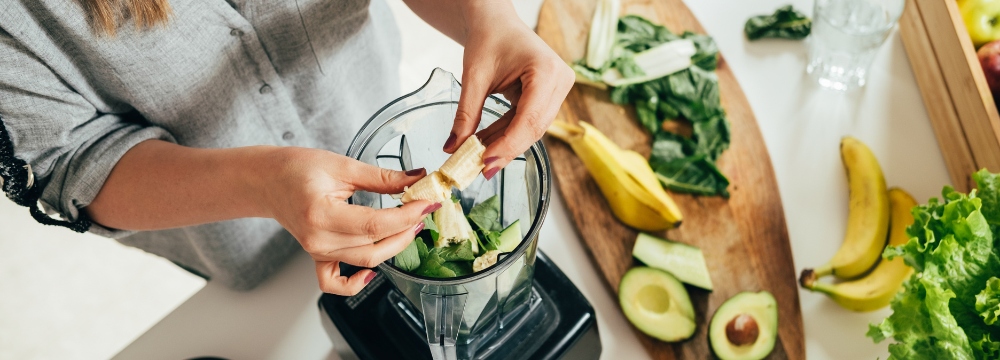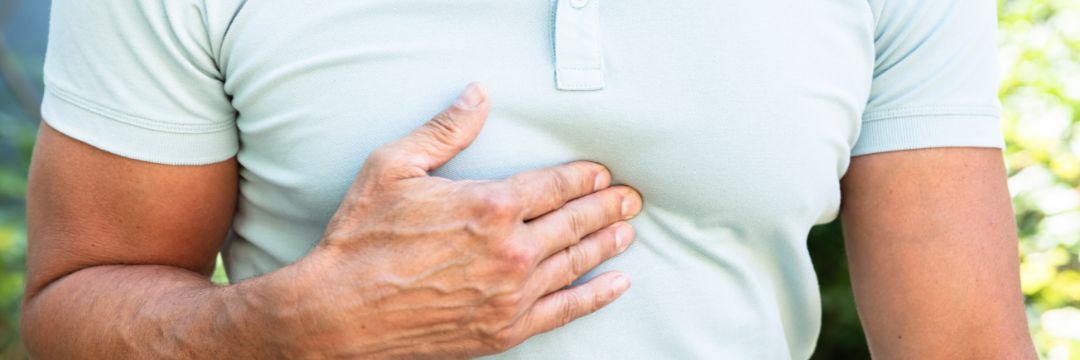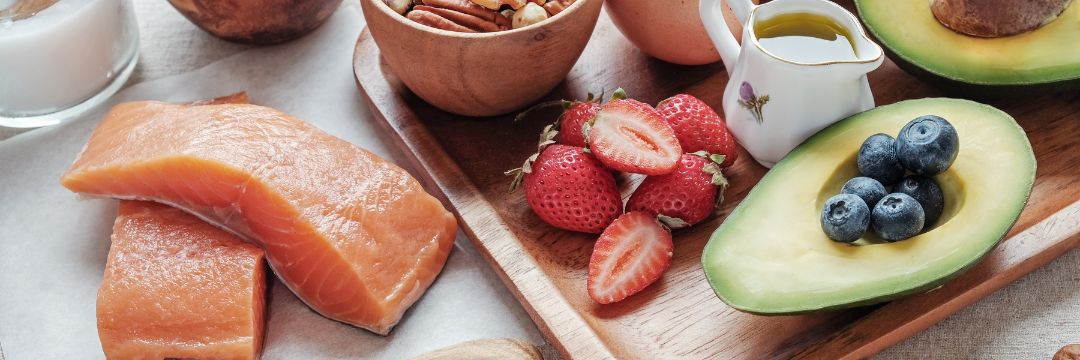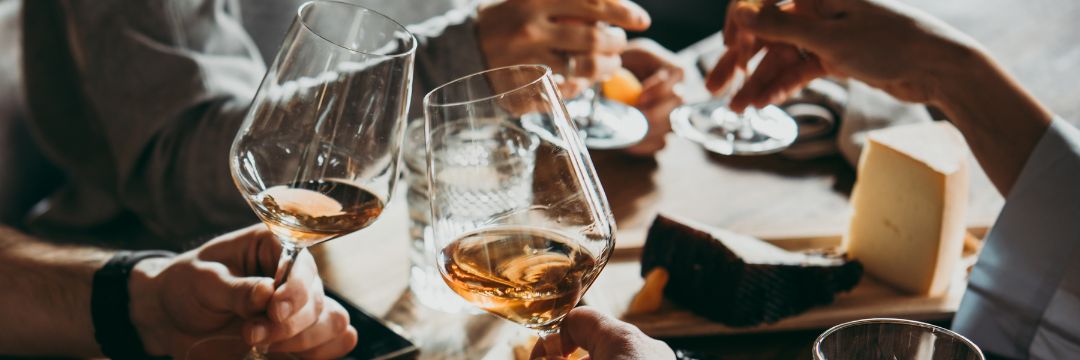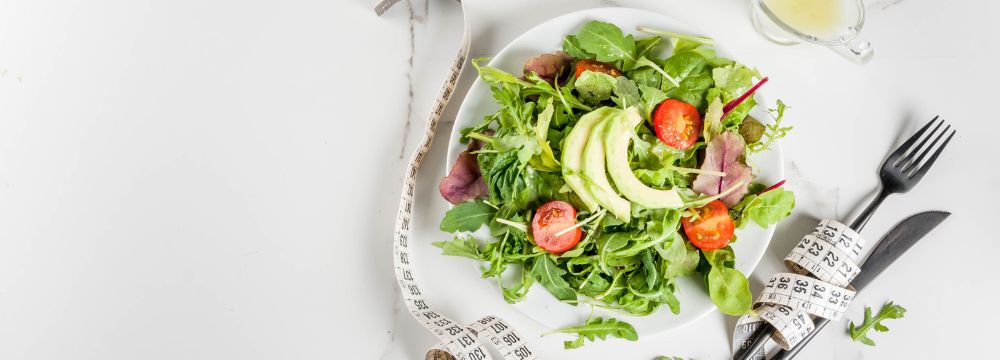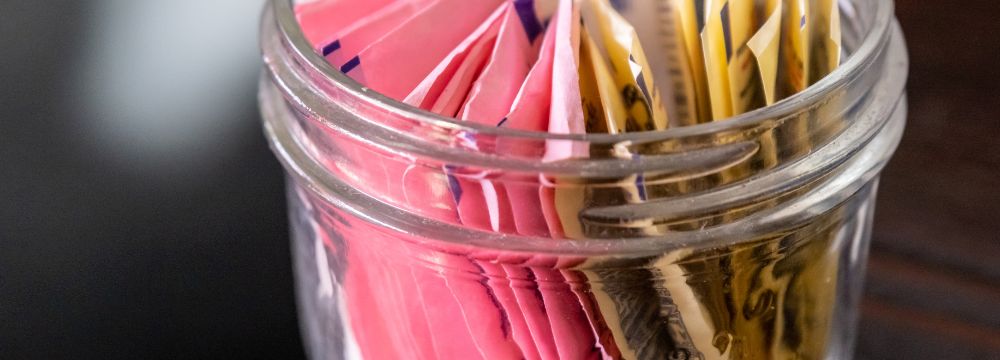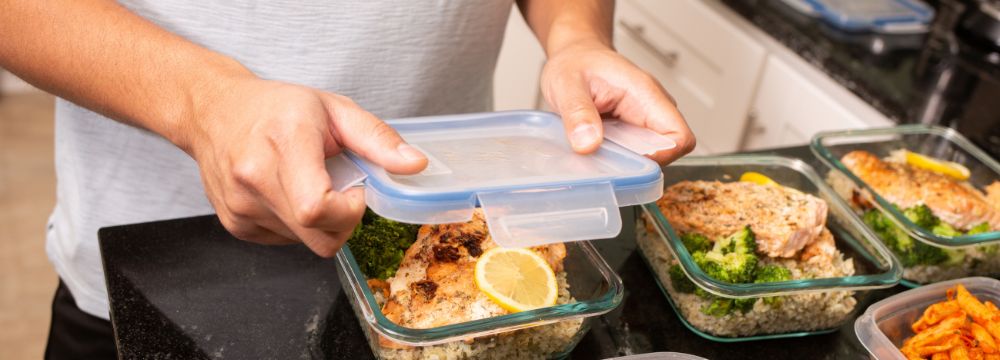Diet
Let’s get right to it. Fiber can be a great weight-loss friend whether or not you’ve had bariatric surgery. Fiber is found in many healthy foods – potatoes, brown rice, whole wheat, and more – and is unfortunately stripped from many of the less nutritious, processed foods we buy in stores and restaurants. There are two kinds of fiber: Soluble fiber creates a gel in the stomach that fills you up, controls blood sugar, and improves loose stools. Insoluble fiber is the bulk that effectively scrapes the colon as it passes through, bulking up stool, helping with insulin resistance, and giving us regular bowel movements. Consuming fiber does not have to be boring, however. And unfortunately, many people avoid it because they think it is. Instead, some of the most delicious foods contain fiber.
- Berries, like blackberries, raspberries, and blueberries.
- Other fruits, including apples and pears
- Legumes and beans, including lentils and chickpeas
- Oats
- Avocados – who knew!?
And more.
Unfortunately, it is tough to get enough fiber, and so many of us have a deficit day in and day out. Beyond the day-to-day issues associated with a low-fiber diet, patients consuming too little fiber are at a higher risk of developing diverticulitis and even colon cancer. From a weight loss perspective, patients who don’t eat enough fiber tend not to feel as full and may gain weight or find it harder to lose weight.
Tips: Download a free food-tracking app and follow your daily consumption to determine whether you eat enough fiber.
The rules of taking fiber.
- Consuming fiber with high-sugar, high-carb, or high-fat foods defeats getting enough of this vital compound. Be sure that the fiber you consume is delivered as part of a healthy diet.
- Add fiber to your diet slowly; too much too quickly can cause bloating, diarrhea, and abdominal discomfort as the gut bacteria get used to this new intake.
- Take a supplement if you’re not getting enough from food. As you work your way up with food, there’s nothing wrong with taking a fiber gummy, tablet, or powder to get on track. If you can get enough fiber from food, that would be fantastic!
- Lastly, it’s critically important that you drink plenty of fluid along with your fiber intake. The colon needs proper fluid intake to bulk and pass stool appropriately. Without enough water, you can experience dysfunction and even blockage in the intestine.
Fiber is essential to any healthy diet and should be a priority to ensure proper function and assist with weight loss. Make sure to speak to a qualified weight loss specialist like the clinicians at Higa Bariatrics to understand more about appropriate dietary options, including how much fiber you should eat daily.
If you have found that, no matter how much you’ve dieted or exercised, you cannot reach your desired weight loss, contact us to learn more about our non-surgical and surgical weight loss options, which can offer significant long-term weight loss.


